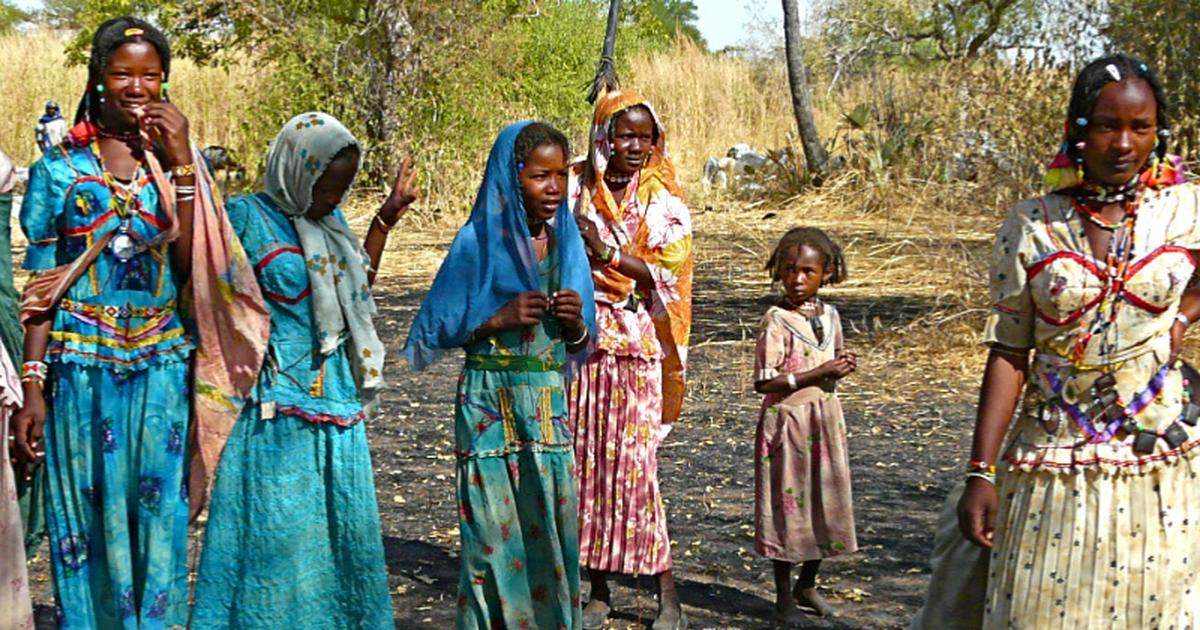For the record: The dilemma of the Fulbe pastoralist
By Abdulrahman B. Dambazau PhD The African Union estimates that there are about 300 million pastoralists, over a quarter of the population, living on about 43 per cent of the continent’s total land mass. In Nigeria, the Fulbe ethnic group is known to pursue pastoralism not only as means of livelihood, but also as […]

By Abdulrahman B. Dambazau PhD
The African Union estimates that there are about 300 million pastoralists, over a quarter of the population, living on about 43 per cent of the continent’s total land mass. In Nigeria, the Fulbe ethnic group is known to pursue pastoralism not only as means of livelihood, but also as a way of life, mostly as nomadic and semi-settled in the various forests spanning the country.
The Fulbe pastoralist today is in dilemma. While in the past he relied on his wealth of cattle, today most of the cattle have disappeared, either because of cattle rustling, conflicts, or the consequences of climate change that brought about desertification and drought. The Fulbe pastoralist group in Nigeria, has remained in his forest, but this time in hiding because of the new criminal trade of banditry and kidnapping for ransom, which many of its youths are involved. While in the past he was easily identified by his stick with which he controlled the movement of his cattle, today he is identified with the AK47 and other light weapons he uses to attack rural communities and also ambush to kidnap passengers and motorists travelling on the highways.
The Fulbe pastoralist was known to be humble, kind, gentle, disciplined, honest, and selfless, but today he is perceived as a bandit, murderer, rapist, cattle rustler, and kidnapper. So, what happened?
I believe this One-Day National Security Summit with the theme “Exploring the Contemporary Challenges Facing Pastoralism and Fulbe with a View of Proffering Workable Solution in Curbing Insecurity Across the Nation” co-organized by the Fulbe umbrella organization for cattle breeders, MACBAN, and the Northern Consensus Movement, is an attempt to interrogate the predicaments of the Fulbe pastoralists in relation to the insecurity in Nigeria. It should be noted that contemporary challenges facing Fulbe pastoralists are multifaceted and complex.
Fulbe is an ethnicity, and not all Fulbe are pastoralists. I am limiting my presentation to Fulbe pastoralists, specifically those residing in the forests that span Nigeria from north to south; east to west, and whose preoccupation is cattle herding. One of the challenges of the Fulbe pastoralists is that while their population has experienced exponential growth, the bulk of it is young, therefore, they are experiencing youth bulge. This reflects the situation in the country as a whole, and as a matter of fact, the UN has projected that Nigeria’s population would double by 2050, and most of it would be young.
Our concern here is the Fulbe pastoralist youth, most of whom are uneducated (both in Islamic and western education); unskilled; unemployable; and apparently, there is high rate of drug abuse among them. What is the percentage of the children of Fulbe pastoralists that have completed primary and secondary education, even with the in the nomadic education programme? What is the percentage that has acquired skills in the various trades available? And what the percentage that has knowledge on the Qur’an and Hadith, since majority of them are Muslims? There is a huge opportunity for the development of human capital in the Fulbe pastoralists’ communities, which unfortunately have remained stagnant for several decades.
The next dilemma of the Fulbe pastoralists is the fact that after centuries of nomadic or semi-nomadic life, they have shied away from integration into the mainstream society; and past governments have made little or no efforts to integrate the group, therefore they are always forest bound and isolated. In the forests, they neither own land nor properties, but remain tenants that pay rents to landlords wherever their nomadic lifestyle takes them. They do not enjoy infrastructure, such as electricity, water systems, roads, railways, etc.; yet they pay tax and contribute significantly to the economy, at the least by providing sources of protein.
The population of the Fulbe pastoralist is not adequately captured in the general population, if at all, through such systems of national identification number; international travelling passport; Bank Verification Number; driver’s license; population census; etc. The nomadic lifestyle and the inability to acquire the required education deny them the opportunities to be in the civil service; the armed forces; police and paramilitary institutions; the judiciary; and indeed, the private sector, especially the financial institutions. I can bet that the Fulbe pastoralists community has not benefited from the N-Power social welfare project of this government in which billions of naira have been spent, because in the first place, they have no known address; are mostly uneducated; lack access to the internet or computers; and also such information does not reach them at all.
There is almost total absence of governance in their forest communities, especially arrangements for security, law and order, local administration, etc. Rather, the Fulbe pastoralists communities relied on their traditional rules and regulations governed by Pulaaku which, of course, has been eroded for a long time; and the wisdom of their parents and elders. However, contemporary happenings have shown that the youths no longer respect their elders nor listen to them, and community and family values have eroded.
Concluded on www.dailytrust.com.ng
Danbazau, a retired Lt-General, delivered this paper at the National Security Summit of MACBAN, and the Northern Consensus Movement, in Abuja
